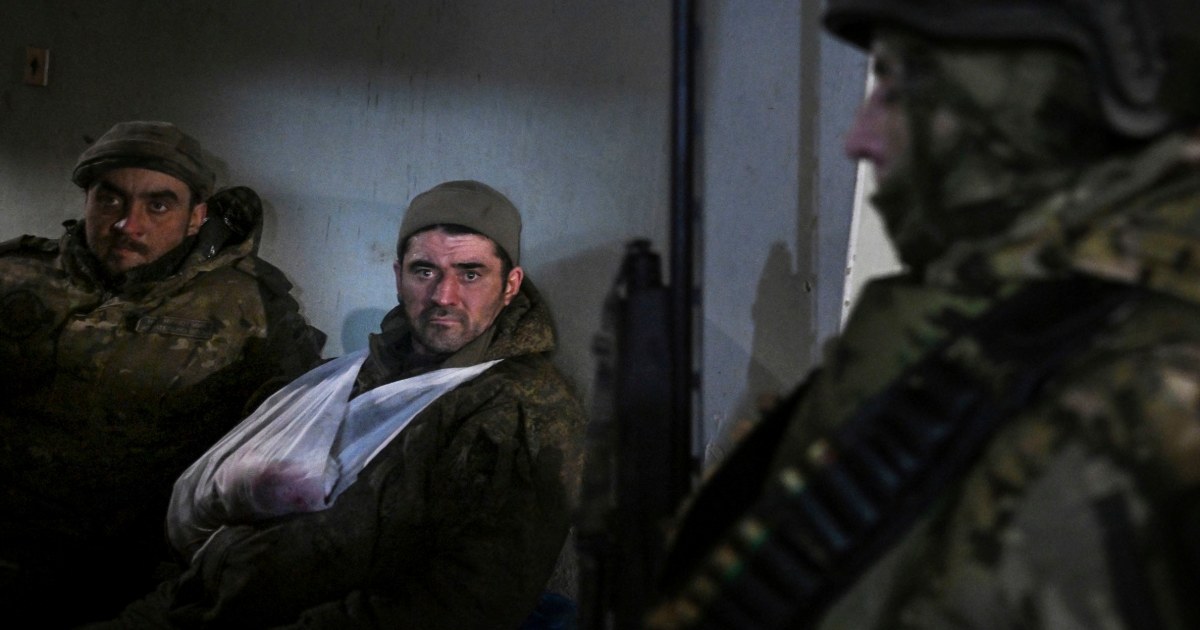Ukraine is navigating a complex geopolitical landscape as it enters a new year, marked by both battlefield challenges and the looming influence of incoming U.S. President Donald Trump. The nation faces a potential reduction in military aid from the United States, while Russia continues its military advances.
After a year of Russian gains, Ukraine's future is further clouded by Trump's presidency, who has expressed skepticism about continued military assistance to Kyiv. Trump has also indicated a desire to quickly end the conflict, potentially aligning with Moscow’s interests and sparking concerns over a prolonged war. Some analysts believe that Europe needs to prepare for a longer war.
Amidst these uncertainties, Ukraine is experiencing manpower shortages and increased Russian attacks on its cities and infrastructure. While Ukrainian forces have made some gains in border regions, Russia has made significant advances in eastern Donetsk.
President Volodymyr Zelenskyy is now balancing diplomatic efforts to secure continued US military support. The U.S. has been a primary backer, providing billions in aid. However, with the Trump administration incoming, further support is not guaranteed, with the president-elect having indicated Europe should bear a greater responsibility.
Trump has criticized Ukraine’s attacks on Russian territory, and his envoy has presented a peace plan to force Ukraine to negotiations by threatening to cut off aid if Ukraine refuses to negotiate. However, he is also willing to expand weapons shipments to Kyiv if Moscow does not negotiate.
In a shifting landscape, Trump’s aides have pushed for a truce that includes Kyiv delaying its NATO membership for 20 years. This proposal, however, has been met with criticism by some experts, who suggest it could embolden Russia. Ukraine’s President Zelenskyy has started to emphasize the need for long-term security rather than territorial control, indicating a new openness to negotiations.
Meanwhile, Russian President Vladimir Putin has declared his forces are “advancing” and that Russia's defense capabilities are high. Despite these boasts, he has stated he is ready for peace talks, referencing previous 2022 negotiations where a draft agreement involved Russia taking control of certain Ukrainian territories, and Ukraine giving up plans to join NATO.
Putin insists that Russia is a “rational actor.” But, analysts warn that Russia is negotiating from a position of strength and that its negotiation tactics are not the same as the West's. Experts believe Russia won't make concessions without being forced to do so.
Despite Trump's potential efforts to improve US-Russia ties, Russian Foreign Minister Sergei Lavrov stated that they were not satisfied by Trump's proposal for Ukraine’s 20 year NATO membership delay, with the country’s nonaligned status remaining a key objective.
Ukraine’s uneasy position is further exacerbated by the cordial relations between the US and Russia, while Ukraine continues to push for NATO membership. Zelenskyy has stressed that the nation requires support from both the United States and Europe.







